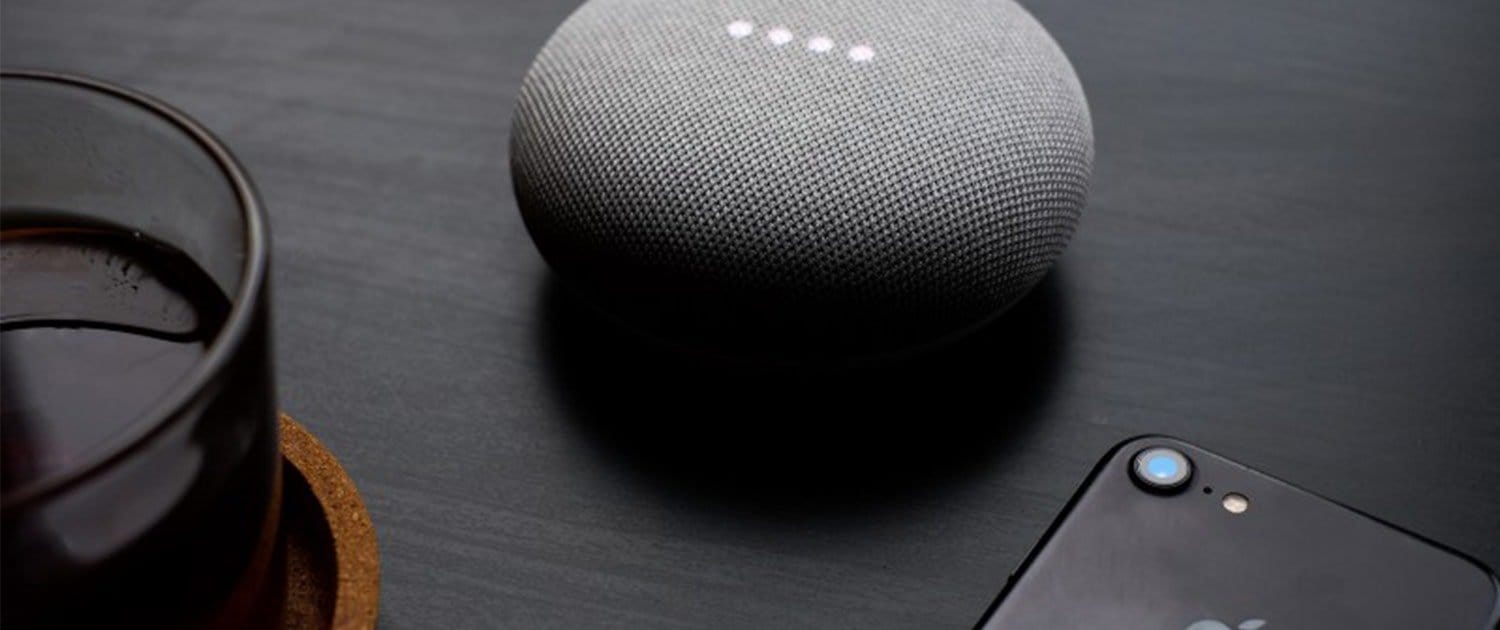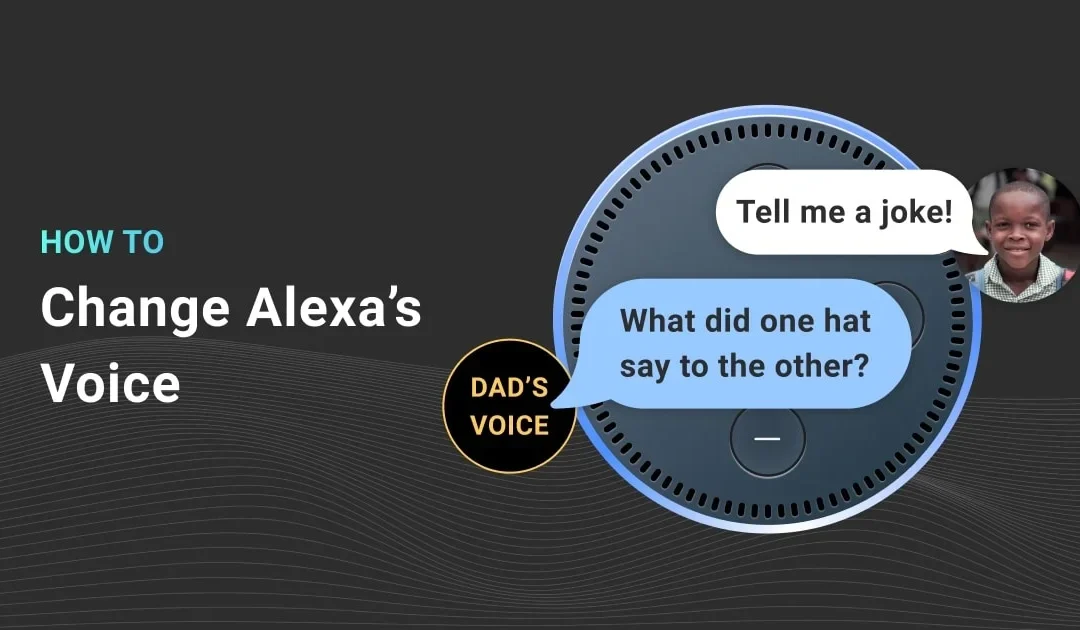As the sales of smart speakers continue to rise, there’s growing interest from publishers in the possibilities they might open up for podcasts and new forms of interactive audio. Here’s a brief round-up of some recent trends and experiments in this space.
Did someone mention a quiz?
In November 2018, The Guardian announced they were partnering with Google to create new forms of audio for Google’s smart speaker. In late December, they launched their first experiment: a year in review voice quiz ‘to help teach people new habits around listening to podcasts via their smart speakers’.
How does it work?
As part of the quiz, users choose a topic related to a Guardian podcast, eg: Global news or sport. After hearing short audio clips on their chosen topic, they are invited to answer trivia questions. At the end of each round, simple instructions are given on how to listen to the relevant podcast via a smart speaker.
This is an interesting approach as a number of reports have shown there’s a strong social element to the way many people engage with these devices. Also, who doesn’t like a good quiz?! It also made me wonder whether we’ll see more emphasis on game mechanics, devices that encourage interaction used by game designers, when it comes to interactive audio on smart speakers.
If you’re curious to hear it and have a Google Home device, then ask the Google Assistant: “Hey Google, speak to Year in Review.”
The team shared some of their learnings on the Voice Lab blog. This was one of the findings that really caught my attention: “About 10% of users completed a full play-through of the Year in Review game, interacting with the experience for between 20 and 30 minutes.” That’s pretty impressive when you consider the amount of engagement required for someone to take the time to answer questions and go through the different inputs.
The Voice Lab team also noted that: “we encountered common issues relating to discovery and data, making it impossible to validate our hypothesis about how to teach people new podcast listening habits on the platform.”
When too many quizzes are never enough
Wait, Wait…Don’t Tell Me! is one of NPR’s most successful radio shows and podcasts. Since it started in 1998, the quiz show reportedly reaches around 4 million people a week on the radio and millions more via podcast. If you haven’t heard it, hosts Peter Sagal and Bill Kurtis take a light-hearted look at the week’s news events through a number of recurring games. They’re joined by a group of panelists, and listeners also have a chance to join in via phone.
NPR recently announced they’d adapted an interactive version of the quiz for Amazon Alexa and Google Home devices. The quiz is still tied to the week’s news events and it features the familiar voices of the two co-hosts.
Users are prompted to answer some questions and then find out whether their answers are correct — or not. The quiz takes five minutes to complete and NPR will update it every week to ensure it remains current.
In a savvy move, the team has also incorporated extra incentives for people to try it: including the prospect of having their names announced on air. NPR has been at the vanguard when it comes to smart speaker skills but this is the first time they’ve created a quiz.
Wait, Wait is an institution in the US, so it will be interesting to see the up-take of this quiz. I imagine for many listeners, the appeal of the radio show is the repartee between the co-hosts and panellists — not to mention the reaction from the live audience. As engaging as the interactive quiz might be, it’s impossible (yet) to replicate the wit, banter and off-the-cuff remarks for a smart speaker platform.
Hey, Alexa, I want to hear more from the New York Times
‘The Daily’ podcast has been a huge hit for the New York Times. Since it launched in January 2017, the show reportedly has built up an audience of 5 million monthly unique listeners and has prompted a range of publishers to create their own daily news podcasts. Now, the New York Times is looking to take some of the lessons they’ve learned from the show into the smart speaker space.
In January, the Times launched a daily news briefing, a weekly quiz and other interactive skills for Amazon’s Alexa platform. One of the hallmarks of The Daily’s success has been the way the team has mixed narrative with news. The NYT’s Voice Editor, Dan Sanchez, told The Verge that his team would be looking to apply similar techniques to the news briefing, which will be adapted from ‘The Daily’ and voiced by the show’s presenter, Michael Barbaro.
One of the critiques of many of the current Amazon Flash Briefings is they are often quite perfunctory and lack an emotional connection with users. It will be fascinating to hear whether the New York Times team can introduce narrative storytelling techniques into such a short briefing — and build an emotional rapport with listeners. It’s certainly an intelligent approach to build on the success of ‘The Daily’ by using Michael Barbaro’s trusted voice to trial this form of news briefing.
In another clever strategy, The Times is using its print edition to include prompts for readers to discover some of the skills they’ve developed about books, music and travel. As with podcasts, discoverability is a significant issue when it comes to finding new skills on smart speakers.
 Companion listening
Companion listening
Gimlet Media has been doing some fun things in the last year. First, they created an Alexa Skill — that also doubled as a podcast — called ‘Chompers’. The idea behind it was simple but clever: to create something fun and engaging that will educate children on how to brush their teeth. There’s a version for morning brushing and one for the night. For me, the thing that stood out was the skill fitted into a regular habit that hundreds of thousands of kids (and their parents!) struggle with every day. Chompers is only available on Alexa devices but if you want to hear it, say “Alexa, start Chompers”.
Then, in late 2018, Gimlet created an adult-oriented skill (think scary!) called ‘Finding Dolores’ which served as a companion to ‘The Horror of Dolores Roach’, a fiction podcast they released for Halloween. The skill is interactive and revolves around a missing ‘infamous ex-con-turned-masseuse known as Magic Hands Dolores Roach’. It was created by the team behind the podcast but unfortunately isn’t available to Alexa users internationally.
A few commentators have suggested we’ll start to see more of this sort of companion content, it’s going to be fascinating to watch what happens.
Okay, Alexa play me something educational
There’s been a spike in the number of kids podcasts over the last few years as more and more parents look for alternatives to screen based devices. But with the growth of smart speakers we’re also seeing increased interest amongst publishers in creating voice-activated kids’ education skills. An organisation called Pulse Labs compiled a well researched report on the state of Alexa education skills for kids. There’s lots of interesting findings in there, especially the section at the end where parents talk about new voice skills they’d like to see created.


 Companion listening
Companion listening


